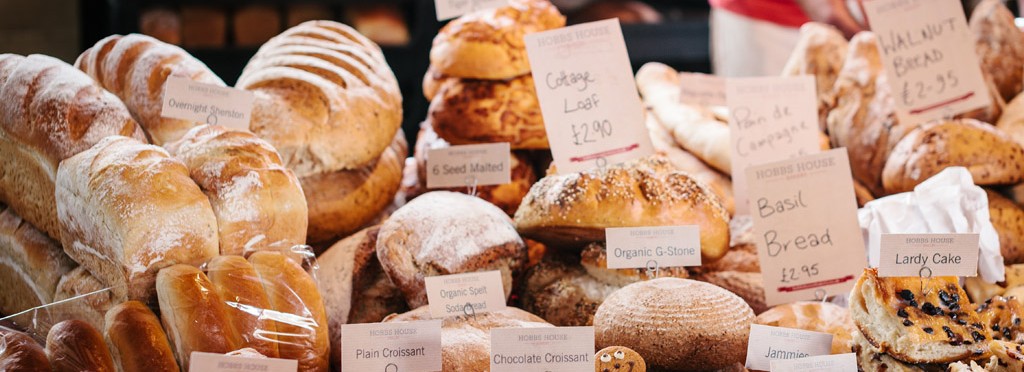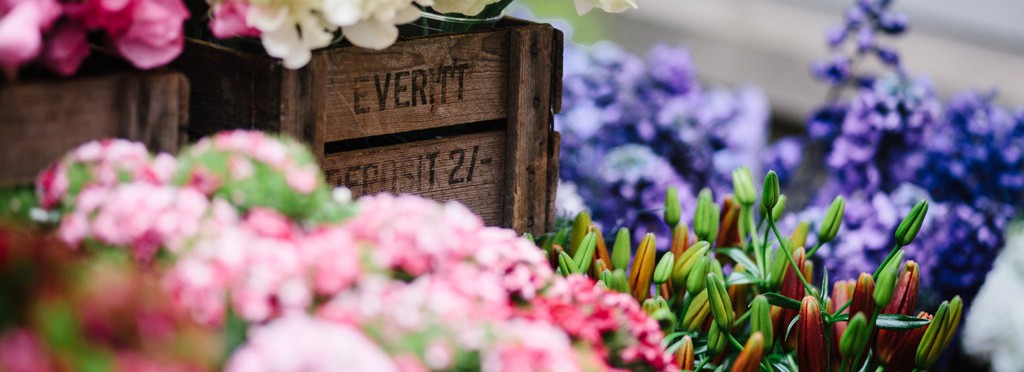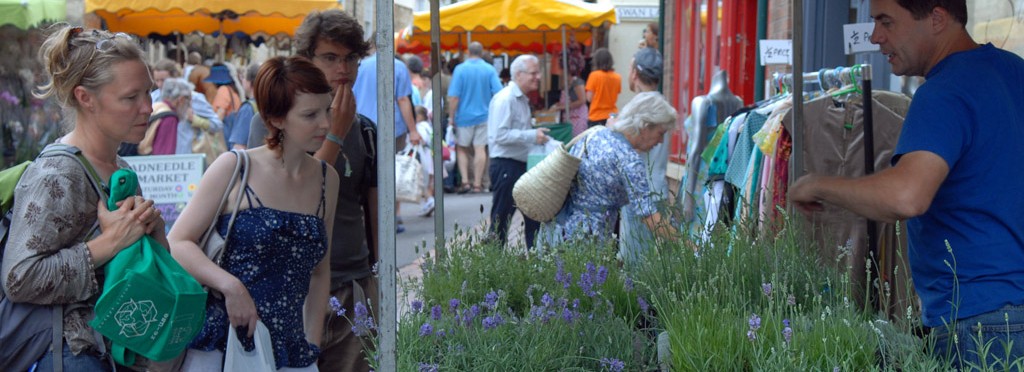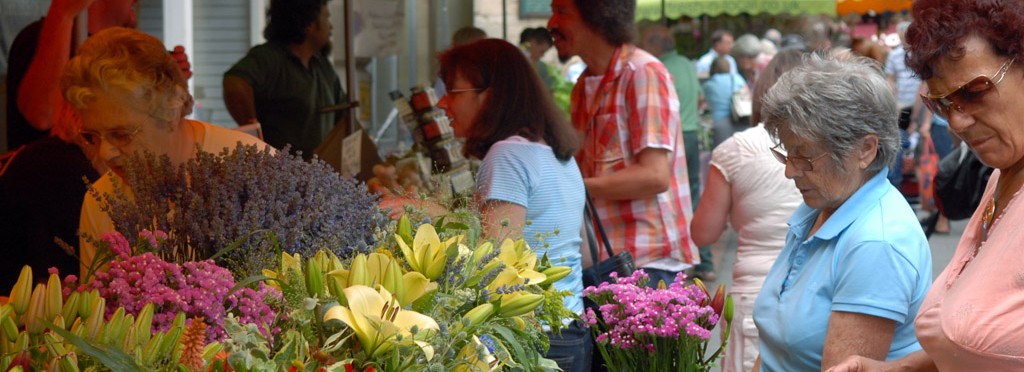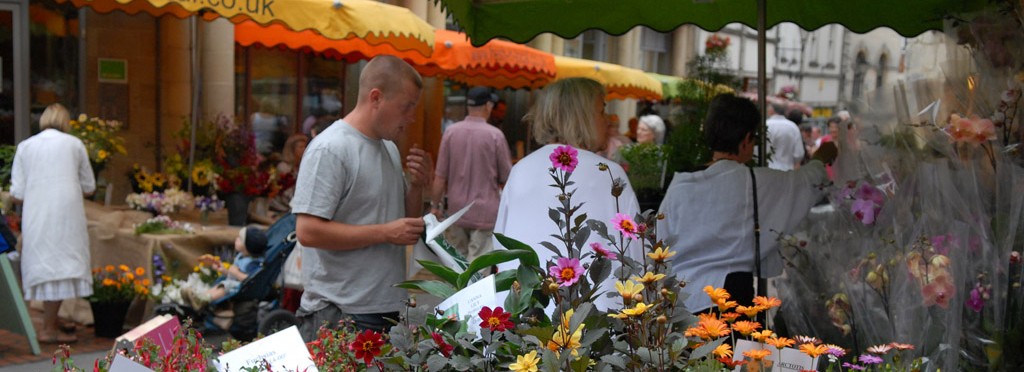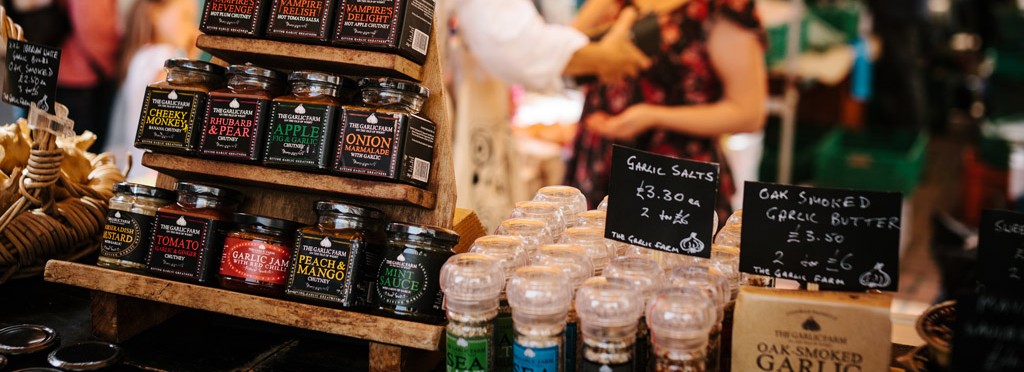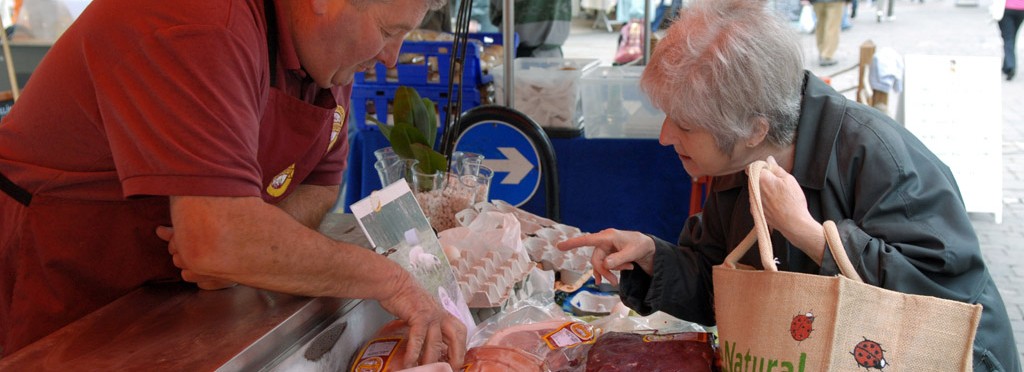Have you met: Greg Pilley from Stroud Brewery
One of the UK’s few fully organic breweries, Stroud Brewery has developed a loyal following for its commitment to using local ingredients and its commitment to the Stroud community. Managing Director, Greg Pilley, explains why all of this makes for a really satisfying pint…
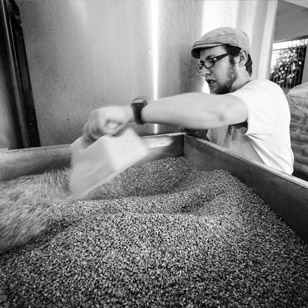
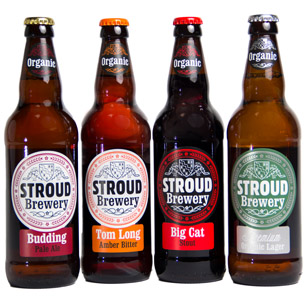
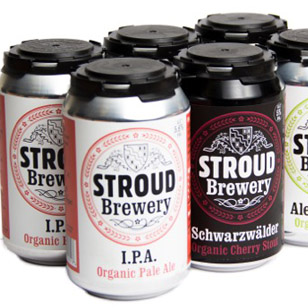
How did Stroud Brewery come about?
My background is with the Soil Association where I was part of the local food team promoting community scale food projects. I had an interest in small-scale business, organic production and food. I also had a long-standing interest in beer. When I moved to Stroud, the idea came to me to combine these interests and Stroud Brewery was born.
We started brewing in 2006, with Budding, our first brew which is still our best-selling beer. It is so-named because our brewery is on the site where the first lawnmowers, invented by Edwin Budding in 1830, were manufactured.
Why is Budding your best-selling ale?
Budding is our best-selling ale primarily because it’s our most long-standing and has built up loyalty. It’s a beer that’s enjoyed by everyone and has a really easy drinking style. It’s a pale ale, definitely the most popular type of ale these days, and at 4.5% ABV, is not too strong and not too weak. It’s got a finely balanced bitter/sweet thing going on, and is moderately hoppy with a floral note.
Your ales are organic – why is this?
Having worked at the Soil Association I was well-indoctrinated in the benefits of organic production. Our bottled beers have always been organic but it is only this year that we have finally bitten the bullet and committed to being a fully organic brewery. It won’t be as cost effective but we feel the benefits will outweigh the negatives.
Aside from the health benefits, which for beers are quite hard to make, the most obvious impact of organic is the benefit to biodiversity by not using pesticides and insecticides. It is also the wider standards of organic production that make for good business – there is a requirement to make sure all cleaning chemicals are rinsed off, that no chlorine is used in the seals on bottles, that any paper used is recyclable or recycled, and it even takes into account staff welfare.
What sets your ales apart from the rest?
The fact that we are organic is a big point of difference. There are now around 2,000 breweries in the UK, I know 22 are certified organic but about only six are dedicated to having a regular range of organic beers, and we are one of those.
We also have a commitment to buying Cotswold-grown malt and our malt is malted at one of only three traditional floor maltings in the country. This means we can guarantee the provenance of our grain but hand-malting also creates a really great product that is full of character, in a way that industrial malting wouldn’t be able to.
How much beer do you make a week?
We currently brew between 12,000-15,000 pints a week of which 60-70% is sold in casks to pubs across the region, 8-10% is drunk in our own brewery and the rest goes into bottles that are distributed to independent shops regionally and increasingly, nationally.
Which beers do you bring to Stroud Farmers’ Market?
We bring a sample of everything we produce – that’s the benefit of going to market, you can try all of our products. Our draught beers are available to take away in two or four-pint flagons and we always have our latest seasonal ale, plus a range of bottled beers which you can buy singly, in cases or in nice carry bags. We have just started producing cans too and will be selling those at the market over the next few months. The disadvantage of selling at the market is that people are limited as to how much beer they can carry! So, you can also order beer on our website and collect it from our brewery.
What seasonal ales can we see this spring?
We like playing with flavours and aim to produce a new seasonal ale every month. We tend to brew something to suit the seasons, so in February we will have Teasel which is a peppercorn bitter, in March we brew a stout because of St Patrick’s Day and in elderflower season we brew Alederflower, a pale ale infused with elderflowers.
Which ale should visitors to the market try next?
I would say that you should put your prejudices about canned ales aside and try one of our cans – we have three amazing canned ales at the moment – our Alederflower ale, our Schwarzwalder, ‘Black Forest’ in German, a really tasty stout that has sat on organic dark cherries and has molasses in it, and an IPA (India Pale Ale) which is quite strong and hoppy but with great character.
To find out more about Stroud Brewery, to order beer or to learn about events happening at the brewery, visit stroudbrewery.co.uk



